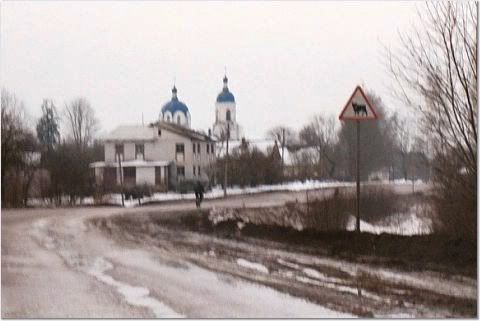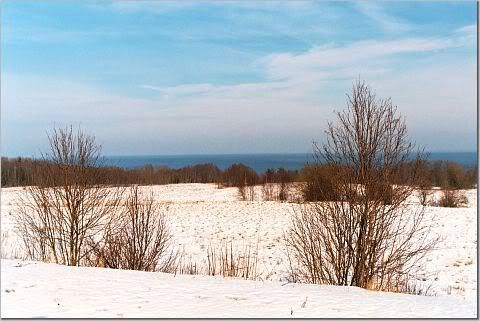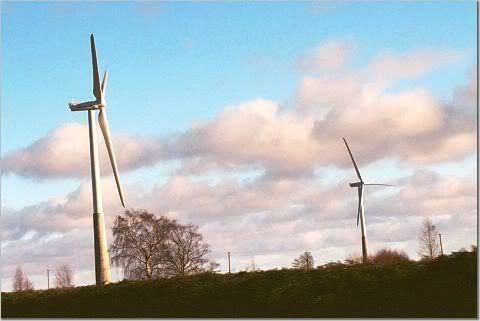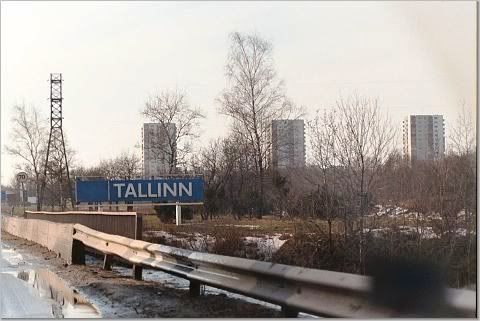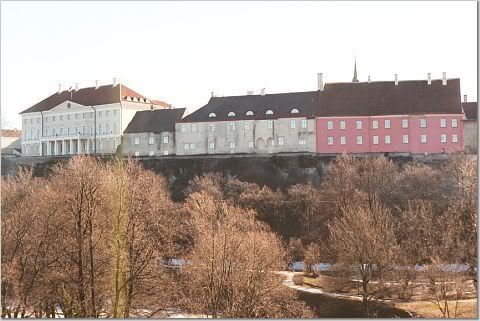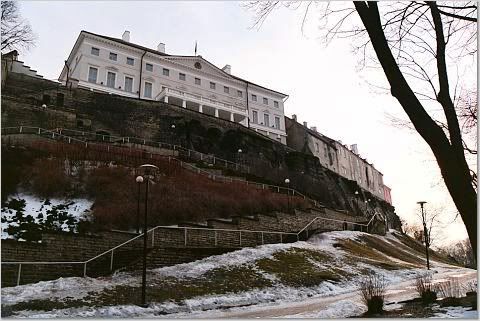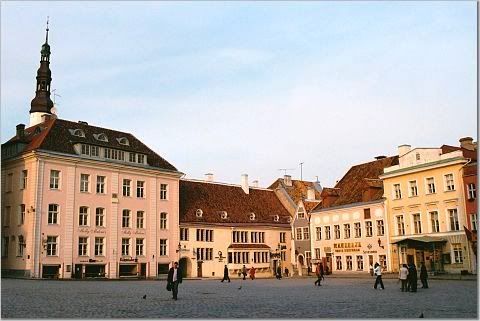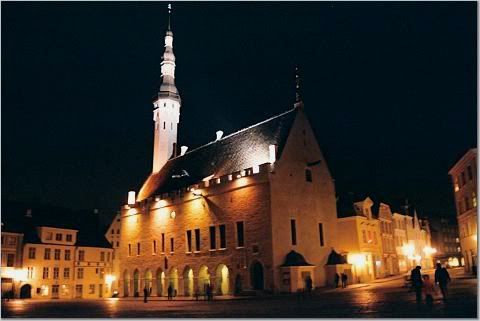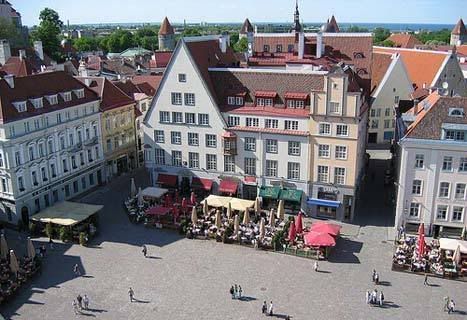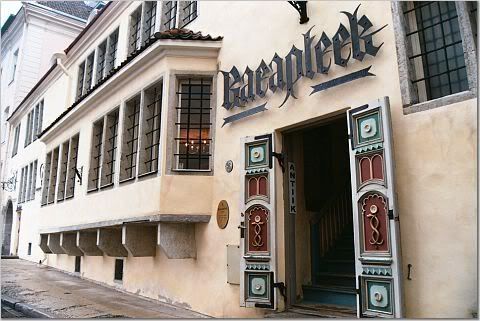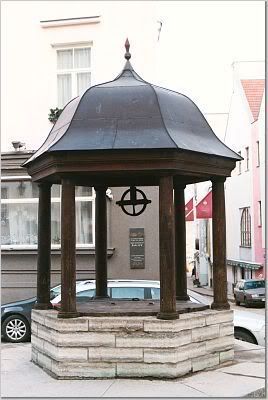Anniversary
Yesterday was the one-year anniversary of our arrival in Russia. I can't believe it's been that long. And what have I learned during the year? So much and yet so little.
I know how to order a Subway sandwich in Russian.
I've learned to elbow old ladies in the face so I don't lose my place in line.
I've learned to hold my breath for two blocks while I weave through chain-smokers on my walk to work.
I've discovered how much environmentalism means to me, now that I can't recycle and I see a lot of pollution every day.
Overall though, the main thing I've learned is that trying to make grandiose statements about Russia is an endeavor at which you're doomed to fail. I'm more knowledgeable about Russia than before we came, but far more confused.
Many things about Russia have been exactly as I perceived. People do smoke a lot and drink a lot of vodka. They eat a lot of blini and pickled mushrooms. No lie. People of all classes and ages attend fine arts events, much more so than in the US. But do they go for the right reasons? That I'm not sure of.
I go through days when I get so fed up. When I've stepped on one too many loogies or one too many drivers has cut me off, and I declare that I am SO SICK of this place and ALL RUSSIANS ARE JERKS and I'M NOT COMING OUT OF MY APARTMENT AGAIN UNTIL WE LEAVE THIS PLACE. Then someone will chase me down when I've left a store and forgetten my purse, or I see a babushka bundling up her grandson in the snow, or I see people who have much less than I do in terms of health or money or fortune laughing and having a good time, and I remember that certain human instincts show up anywhere you go.
They say that America is the land of contradictions, but really that title should go to Russia. The divides between rich and poor here are staggering. Life expectancies are as contradictory as possible; men have 3rd world life expectancies and women have 1st world. They're constantly making advances in science and weapons and highly respect their scientists, but small villages still go without electricity. And while society hasn't shown any concern for the environment yet, because of poverty people here are masters of making due with very little, reusing whenever possible, and repairing everything for prolonged use. I'm perpetually amazed at the number of repair shops here, many for things Americans would simply throw away. And yet, new products are often so poorly made that they need to be repaired almost immediately. It's a baffling cycle.
Russia and America do have an awful lot in common, leaving me to wonder sometimes how we were enemies for so long. Each country has an incredible amount of patriotism. Each is cut-throat in its goal to be the best, the richest, the fastest. Russia is quickly catching up with America's commercialism, especially in terms of overwhelming options. Money can get you anything here, and tough luck to those who don't have it. And America lately has been catching up with Russia in terms of silencing or criticizing those who say something the powerful don't agree with. Much like America, Russia's landscape is highly varied and contains a wealth of natural resources. Will they be squandered away for a quick buck for a few, or will they be slowly distributed to guarantee a comfortable future for all? Will Russia eventually become even more commercialized than America or will it return to its socialist thinking?
I'm extremely curious to see where the country will go in the future. Although it's losing population, its people are genetically and historically ready to take on the world if the opportunity arises, and it has the resources to do so. Russia's future looks to be a bright one if its cards are played right.
And who knows where I will be, 10 or 20 years from now... but at least one more year here awaits me. Will I ever reach a solid conclusion, or will Russia continue to surprise me? Either way, I'm looking forward to it. Maybe I'll leave more confused than I came, but a mind once opened can never be closed, and for that I'm thankful.
Labels: Russia


